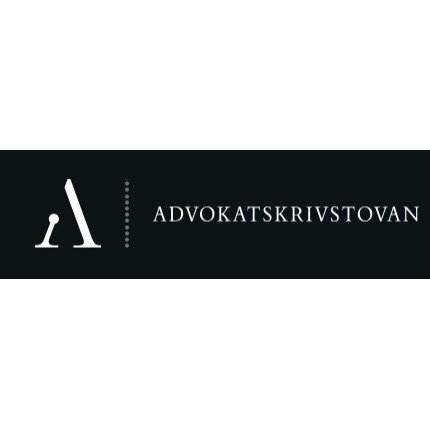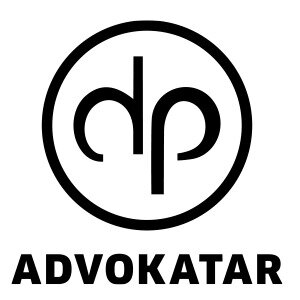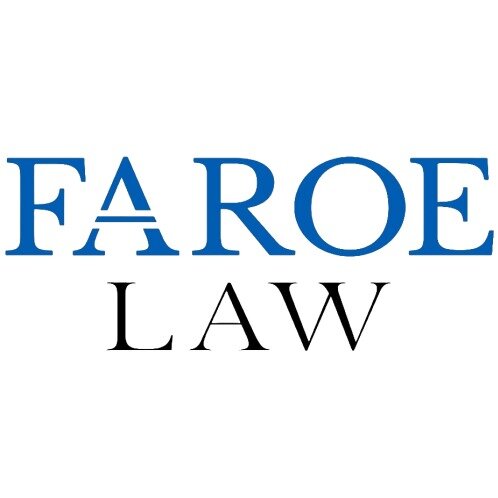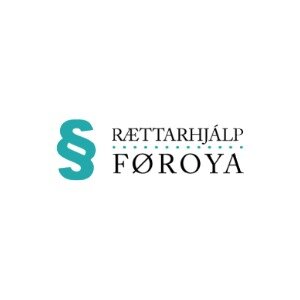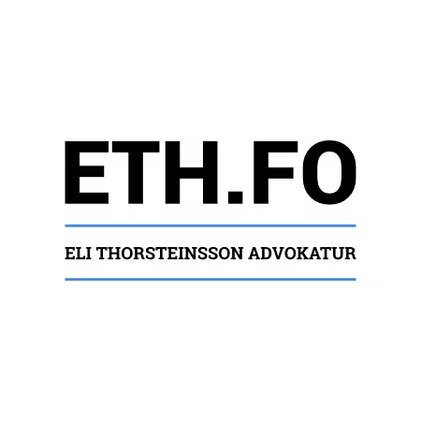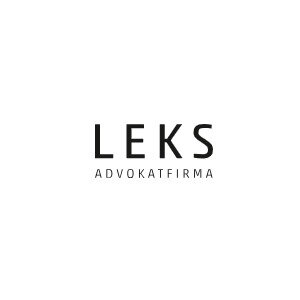Best Energy Regulatory Law Lawyers in Tórshavn
Share your needs with us, get contacted by law firms.
Free. Takes 2 min.
List of the best lawyers in Tórshavn, Faroe Islands
About Energy Regulatory Law in Tórshavn, Faroe Islands
Energy Regulatory Law in Tórshavn, the capital of the Faroe Islands, governs the generation, transmission, distribution, and consumption of energy resources within the country. The law is designed to ensure that energy services are provided efficiently, safely, and with a focus on environmental sustainability. The Faroe Islands rely heavily on a mix of thermal power and renewable energy sources such as hydropower and wind. Local regulations aim to balance economic development, consumer protection, and environmental considerations in both public and private energy projects. Regulatory authorities oversee compliance, granting of licenses, rates, and the integration of renewable energy into the local grid.
Why You May Need a Lawyer
Seeking legal help in Energy Regulatory Law is important in situations where you are developing, investing in, or operating energy projects in Tórshavn. Some common scenarios include:
- Applying for permits or licenses to generate or distribute electricity.
- Navigating local regulations around renewable energy installations such as wind farms or small-scale hydro plants.
- Disputes over land use for energy projects or access to the local power grid.
- Challenging or responding to regulatory decisions made by authorities.
- Negotiating contracts with energy suppliers, grid operators, or government bodies.
- Ensuring compliance with environmental standards and reporting requirements.
- Understanding tariffs, rates, and fees concerning energy consumption or production.
A local lawyer who understands both the law and the business environment in Tórshavn can provide valuable guidance to individuals, businesses, and public entities.
Local Laws Overview
Energy Regulatory Law in the Faroe Islands is shaped by several specific statutes and regulatory practices. Here are some key aspects:
- Licensing: All entities involved in the production, transmission, and distribution of electricity must obtain appropriate licenses from local authorities.
- Regulatory Authority: The Faroese government, primarily through the Ministry of Infrastructure, oversees energy regulation, with compliance enforced locally in Tórshavn.
- Renewable Energy: There are incentives and requirements for the integration of renewable energy sources. Large-scale projects require detailed environmental impact assessments.
- Tariffs and Pricing: Electricity rates are regulated to ensure fairness for both providers and consumers. Any changes to tariffs are subject to governmental review.
- Grid Access: Providers and producers must comply with technical and safety standards to access and operate on the grid.
- Consumer Protection: Consumers are protected by rules regarding service quality, billing, and the right to dispute charges.
- Environmental Standards: Regulations are in place to minimize environmental impact from energy generation and distribution, including emissions and land use policies.
Frequently Asked Questions
Which authority regulates the energy sector in Tórshavn?
The primary regulator is the Ministry of Infrastructure in the Faroese government, supported by local authorities in Tórshavn.
Do I need a license to generate electricity for private or commercial use?
Yes, in most cases, a license is required to generate electricity, especially for commercial use or when feeding into the national grid.
Can I set up my own wind or solar power system?
Small-scale systems for personal use may be allowed, but larger installations may require permits, environmental assessments, and regulatory approval.
How are electricity prices set in Tórshavn?
Electricity tariffs are regulated to balance provider and consumer interests and must be approved by the relevant authorities.
What should I do if I have a dispute with my energy provider?
First, attempt to resolve the dispute directly with the provider. If unresolved, you may seek mediation or legal advice for formal resolution.
Are there incentives for using renewable energy in the Faroe Islands?
Yes, various incentives and support mechanisms are available to promote projects that use wind, hydro, and other renewable resources.
How do local environmental laws affect energy projects?
All energy projects must comply with strict environmental regulations, including conducting assessments and ensuring limited impact on natural resources.
What happens if my business does not comply with energy regulations?
Non-compliance may result in fines, license revocation, or mandatory corrective actions as determined by the authorities.
Can foreign companies invest in the local energy sector?
Yes, but foreign investors must comply with the same licensing, environmental, and operational requirements as local entities.
Where can I find out more about current energy regulations?
Official government websites, local regulatory authorities, and qualified legal professionals are primary sources for up-to-date information on energy laws.
Additional Resources
If you need further information or support on Energy Regulatory Law in Tórshavn, consider contacting these organizations:
- The Ministry of Infrastructure: Oversees energy, transportation, and infrastructure regulation and licensing.
- SEV (Elfelagið SEV): The main local energy company, operates much of the national grid and renewable resources.
- Umhvørvisstovan (Environment Agency): Responsible for environmental impact assessments and compliance.
- Local Municipal Authorities in Tórshavn: Handle local permits, zoning, and community-specific regulations.
- Qualified local law firms: Specialize in energy law and regulatory matters.
Next Steps
If you require legal advice or assistance regarding Energy Regulatory Law in Tórshavn, Faroe Islands, you should:
- Clearly define your legal issue or the nature of your project or dispute.
- Gather all relevant documents, such as contracts, notices, correspondence, and project details.
- Consult a lawyer who has experience in Faroese energy law and can guide you through the regulatory landscape.
- Contact local authorities or regulatory bodies for information on permits and compliance.
- Monitor updates in regulations, as the energy sector, especially renewables, is subject to changes and new policies.
- Consider mediation or arbitration for disputes with providers or regulatory bodies, as it may offer a faster and less costly resolution.
By taking these steps, you can ensure your interests are well protected and that you comply with all legal requirements relevant to energy projects or disputes in Tórshavn, Faroe Islands.
Lawzana helps you find the best lawyers and law firms in Tórshavn through a curated and pre-screened list of qualified legal professionals. Our platform offers rankings and detailed profiles of attorneys and law firms, allowing you to compare based on practice areas, including Energy Regulatory Law, experience, and client feedback.
Each profile includes a description of the firm's areas of practice, client reviews, team members and partners, year of establishment, spoken languages, office locations, contact information, social media presence, and any published articles or resources. Most firms on our platform speak English and are experienced in both local and international legal matters.
Get a quote from top-rated law firms in Tórshavn, Faroe Islands — quickly, securely, and without unnecessary hassle.
Disclaimer:
The information provided on this page is for general informational purposes only and does not constitute legal advice. While we strive to ensure the accuracy and relevance of the content, legal information may change over time, and interpretations of the law can vary. You should always consult with a qualified legal professional for advice specific to your situation.
We disclaim all liability for actions taken or not taken based on the content of this page. If you believe any information is incorrect or outdated, please contact us, and we will review and update it where appropriate.



